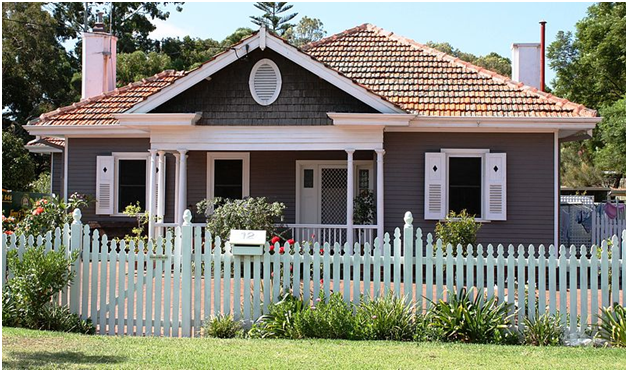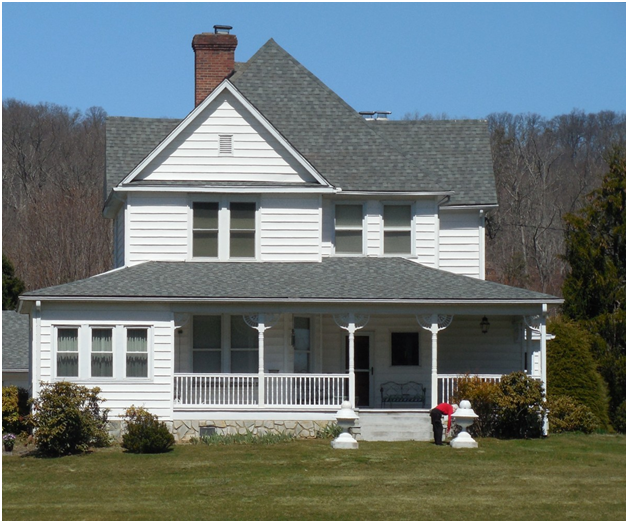Whether you’re new to the process or a seasoned landlord, renting out your home can seem like an overwhelming and daunting experience. However, below are six tips that will help you avoid the perils of renting and assure the entire process goes as seamlessly as possible.

1) Research
Doing your research before renting out your property is crucial. Begin by looking at the different properties being rented out in your locality and how much for. It is also important to note that you will pay tax on the money you’ll earn from renting, so make sure you do your calculations. You should also consider what demographic you wish to target. Is your property suitable for families, students or professionals?
1) Employ a Good Agent
Although managing a property yourself will save on additional costs, many landlords chose to use a letting agent. Do your homework on those in the locality in relation to the services they provide and their fees. Amongst the variety of fees associated with using a letting agent, landlords will be charged both a 7-10% finder’s fee and a 6-10% management fee.
2) Prepare Your Property
Prior to renting our your property, do all necessary maintenance work, such as decorating, having the boiler serviced and checking the appliances and electrics are in working order. Landlords also need to decide whether they wish to rent out their property furnished or unfurnished. If you are furnishing the property, you can monitor your inventory with property inventory software like that found at https://inventorybase.co.uk/.

3) Do Your Homework on Potential Tenants
It would be advisable to meet prospective tenants prior to renting your property to them. You, or your letting agency, can request credit checks and references to ascertain whether a person is reliable and fit to be a tenant.
4) Legal Requirements
Landlords are required to abide by a plethora of regulations – around 150 laws to be exact. Even though it is not required by law, it would be beneficial to have a written tenancy agreement so that you and your tenant understand your responsibilities and rights. Click here for more information on the legal requirements of a landlord.
5) Deposit Scheme
Most landlords require tenants to pay a deposit (usually 4-6 weeks’ rent). This must be registered with the Deposit Protection Service, either online or via your letting agent.


